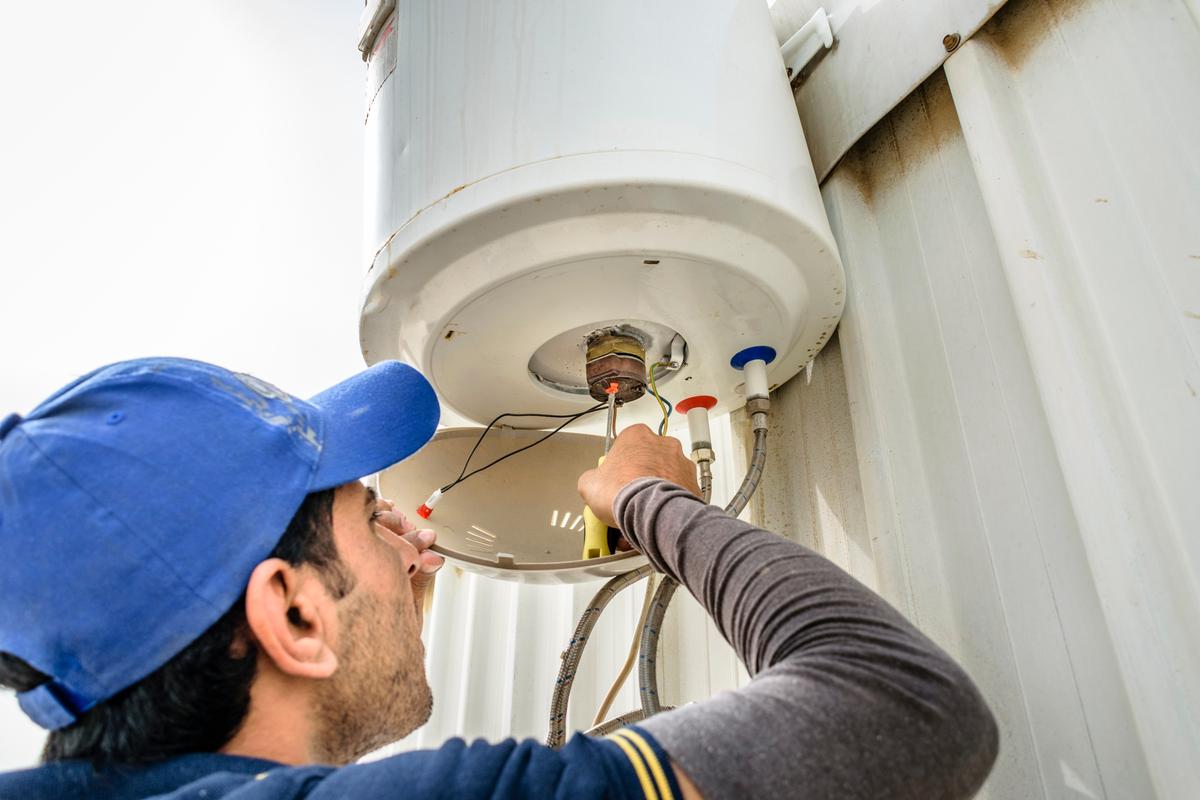DIY Hot Water Repairs: A Comprehensive Safety Tips And Step-By-Step Guide
4:48 AMAre you grappling with a faulty hot water system and considering taking the DIY route? While professional plumbers are just a call away, there's a certain satisfaction and cost-saving benefit in handling hot water repairs yourself. However, this task is not without its complexities and potential hazards. This comprehensive guide is here to help you navigate DIY hot water repairs safely and efficiently.
Understanding Your Hot Water System:
Before diving into repairs, it's crucial to understand your hot water system. This includes knowing not only the water heater type (tank or tankless, electric or gas) but also its main components such as the thermostat, heating elements, pressure relief valve, and drain valve. Familiarize yourself with the manufacturer's instructions, which can often provide invaluable guidance for troubleshooting and repairs.
Safety Tips for DIY Hot Water Repairs:
Safety should be your top priority when dealing with hot water repairs. Always turn off the power supply before starting any repair work. If you have a gas heater, shut off the gas supply. Wear protective gear, including gloves and eye protection. Never touch a leaking water heater, as it could cause severe burns. If you're unsure about any aspect of the repair process, it's always safer to call a professional plumber.
Step-by-Step Guide to Troubleshooting Hot Water Issues:
The most common hot water issues include no hot water, insufficient hot water, water temperature fluctuations, and leaks. For each issue, there's a set of potential causes and corresponding repair steps. For instance, if you're not getting any hot water, the problem could be a tripped circuit breaker, a faulty thermostat, or a malfunctioning heating element.
DIY Hot Water Repairs: Tools You'll Need:
It's crucial to have the right tools at hand for DIY hot water repairs. These may include a multimeter for checking electrical components, a pipe wrench for loosening and tightening pipes, a garden hose for draining the water heater tank, and plumber's tape for sealing connections. Always ensure your tools are in good working condition before commencing your repair work.
Maintaining Your Hot Water System:
Regular maintenance is key to preventing common hot water issues. This includes periodically checking for leaks, flushing your water heater tank to remove sediment buildup, inspecting the anode rod, and testing the pressure relief valve. Adhering to a maintenance schedule can extend the lifespan of your hot water system and improve its efficiency.
Conclusion:
DIY hot water repairs can be a rewarding and cost-effective endeavor, particularly for minor issues and routine maintenance. However, it's essential to approach this task with a thorough understanding of your hot water system, a commitment to safety, and the right tools. Should you encounter a complex problem or feel out of your depth at any point, don't hesitate to call a professional. Happy DIY-ing!







0 comments